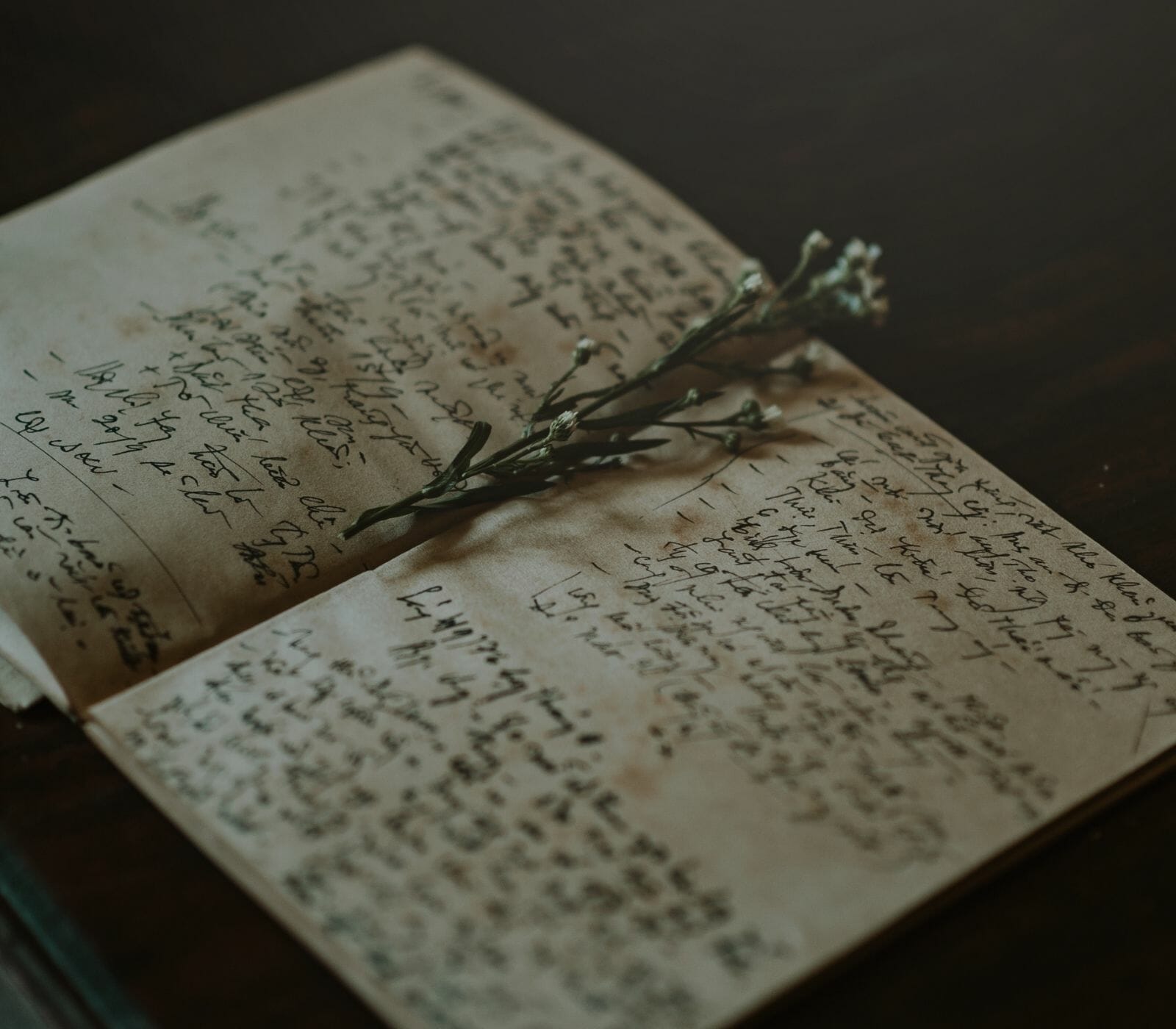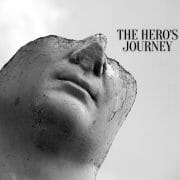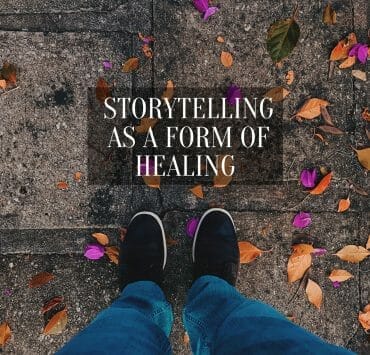Writing a Memoir: Transforming Scars into Stories

Writing a Memoir: Transforming Scars into Powerful Stories
You may benefit from writing a Memoir, and at the same time, transform your wounds and scars into stories.
How to turn the scars of life into Your Story
“All sufferings can be borne if we convert them into history. Being a person is having a story to tell.”
There is a well-known phrase by the Danish writer Izak Dinesen that says: “all sufferings can be endured if we make them a story or tell a story about them. To be a person is to have a story to tell”.
Mr. A. Tagawa is an entrepreneur who is writing a book about his life, believes that it is possible to transform scars into an exciting memoir. The adversities he encountered along the way led him to meet the Bonsai Philosophy, a practice that has transformed his existence.
“The scars are nothing more than a legacy, he says. “They show you how strong you can be.” Tagawa has gone through many ups and downs in his life, both as an entrepreneur and in his personal life. Soon, his entire story will be recorded in a book.
Using Your Autobiography as Means for Healing the Past
“That scar you will transform into a story for you to tell someone. The sharing generates a possibility for another person to hear and benefit from it. Maybe this same person may be able to share it with another, and another. So we can unite all the prosperous people”, suggests the entrepreneur
Many people say that Planet Earth is a different school because we have the test first and then we receive the lesson. The difficulties make us grow, but we can only understand the learning after the problem has passed. Such understanding occurs thanks to our ability to remember the history lived, building a new narrative about it.
There are schools of writing that study biographies’ writing to signify or resignify our lives after trauma, difficult moments, Rites of Passage – as well as Tagawa did, sharing his learning process.
Every secret of a writer’s soul, every experience of his life,
every quality of his mind is written largely in his works.
Virginia Woolf
Telling our own story makes us understand who we are.
“It is through our own narratives that we mainly build a version of ourselves in the world.” By psychologist Jerome Bruner, the phrase highlights how knowing our own history makes us understand who we are.
When writing an autobiography, we relive each stage of life through memory, giving it a new meaning. In structuring the past, we find the clarity we need to build the future we want to have in the present.
It is as if we are, literally, “going through life cleaning and healing.”
How to Reveal Yourself In Words
We all need to talk about ourselves, to tell our own story – whether in bar conversations, on Facebook posts, photos on Instagram, or through art, poetry, and literature. Countless scholars have set out to understand this human relationship with the telling of history itself.
In writing, we have the advantage of structuring the narrative in stages. Being by mentally organizing each one and putting them on paper, making it recognized by the other through words.
Whether we understand it clearly or not, an organized narrative in the literary work is important. It becomes a factor that makes us more capable of ordering our own minds and healing our sufferings. As a result, we are better able to organize our view of the world.
But what is a Biographical Narrative?
From the point of view of biographies, autobiographies, and life stories, we can consider Philippe Lejeune’s definition of what is a “narrative.” He says:
“Narrative is the prose retrospective that a real person makes of his own existence, when he focuses on his individual history, in particular the history of his personality.”
Bruner suggests that we represent our lives, for ourselves and for others, in the form of narratives. By identifying with this story, we build our identity and find our place in the world.
Memoirs used as tools for Individualization:
This force exists in the process of understanding history itself through writing and also defended by Roger Dadoun. He says that “the biography would, therefore, have its ultimate source in the most powerful and grandiose in man. Saying namely, the simple desire to build and define itself as a Self, to be, in the fullness of the term, A person.”




